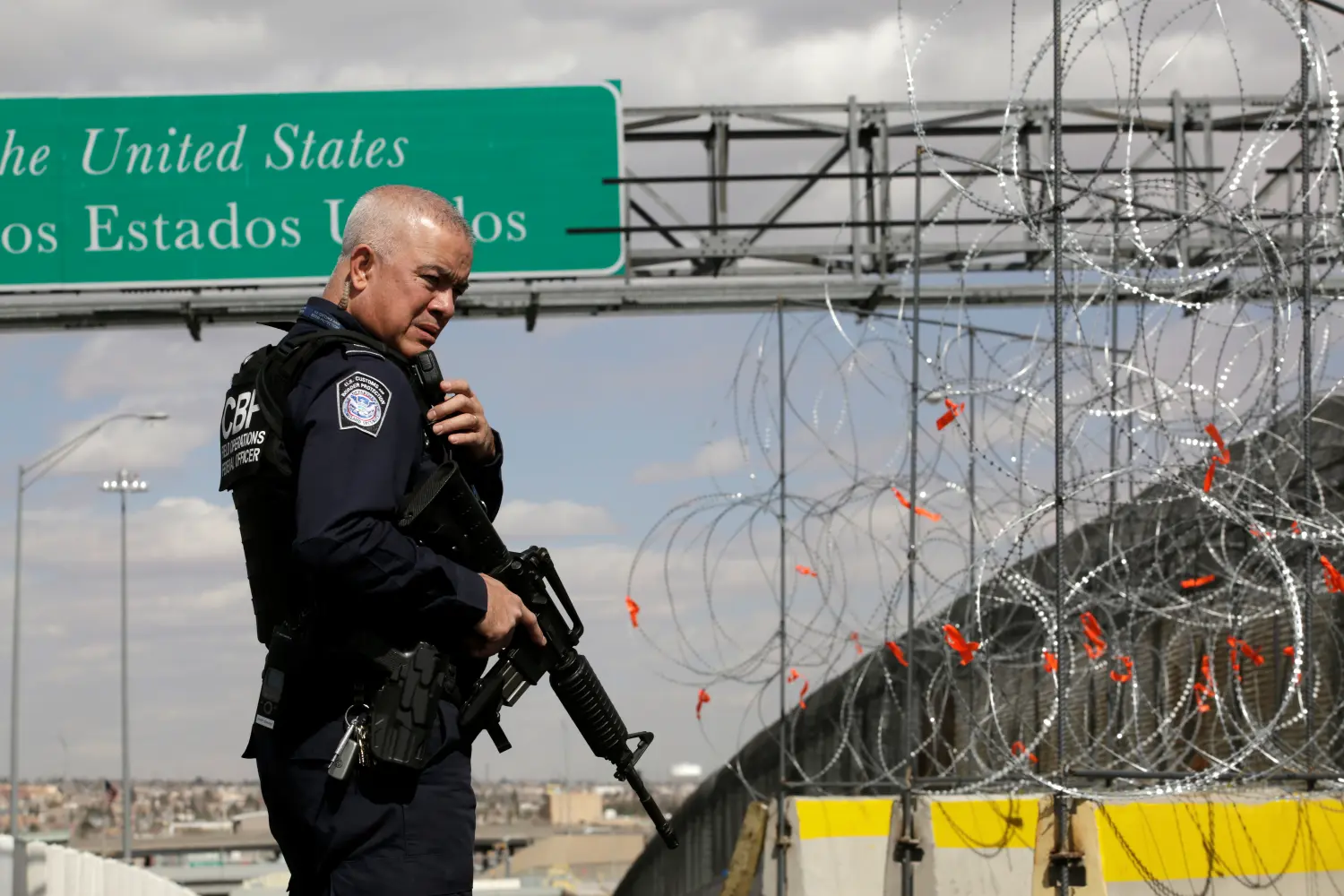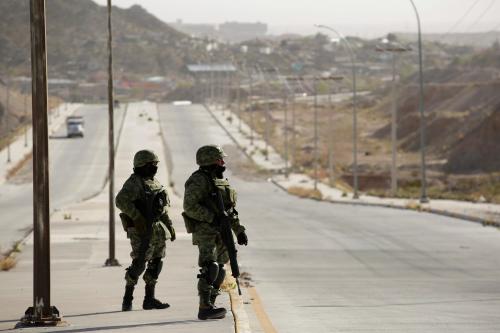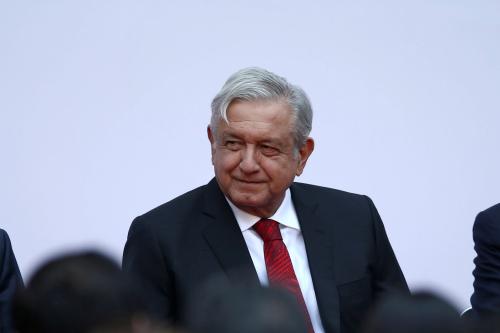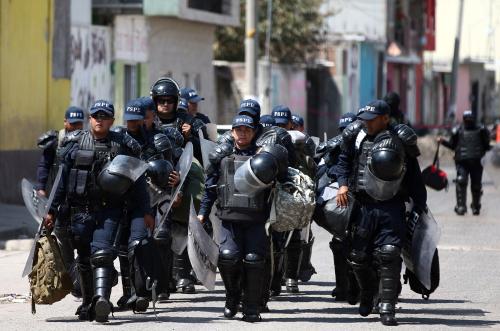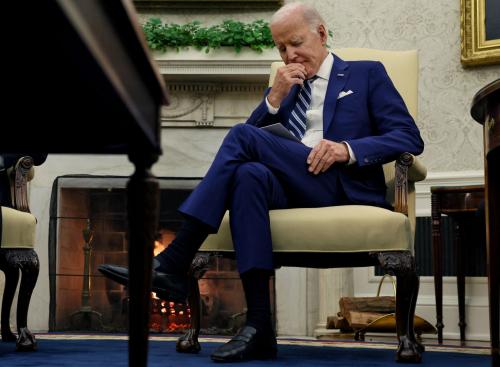In February 2018, the Center for U.S.-Mexican Studies at the University of California San Diego, in association with the Justice in Mexico program at the University of San Diego, gathered experts on security and violence, journalists, and former officials from both countries to discuss areas of concern and opportunity in U.S.-Mexico cooperation. As a group of academics and former officials from both countries, including Brookings Senior Fellow Vanda Felbab-Brown, they assessed bilateral collaboration on security issues and proposed a road map to enhance cooperation between the governments of Mexico and the United States. This white paper, co-authored by Felbab-Brown, outlines their initial findings.
Key takeaways
This paper provides a road map for U.S.-Mexico bilateral cooperation on security matters for the next six years, under the presidency in Mexico of Andrés Manuel López Obrador. It offers concrete and implementable policy recommendations for the current context of U.S.-Mexican relations.
Our recommendations for advancing Mexican and U.S. interests and promoting effective cooperation broadly fall into three categories of joint policy action: (1) aligning policy objectives, (2) deepening subnational cooperation, and (3) addressing chronic irritants.
Mexico and the United States have shared security interests. Mexico wants to reduce the high levels of violence that impact the well-being of the population, improve the capacity of its law enforcement and justice institutions, and demonstrate it is a reliable partner in achieving North American security on counterterrorism and drug policy. The United States wants secure borders and effective drug policies. Both countries want a legal, safe, and orderly migration process, indicating a natural convergence of interests in aiding development efforts in Central America.
The next six years provide important opportunities to gradually and pragmatically strengthen security and law enforcement cooperation. The Mérida Initiative of 2007 and its subsequent iteration, Beyond Mérida, in useful and important ways institutionalized bilateral security and public safety cooperation at various levels of government in both countries, and across various justice and law enforcement agencies. Preserving and expanding this institutionalization remains vital.
Steps to address this mismatch and to better align key objectives of both countries include:
- Creating a bilateral coordination group to reconcile the priorities of both nations.
- Enhancing cooperation on a subnational level and building cooperation with the National Guard.
- Training for the criminal justice system and establishing joint investigative operations.
- Establishing or re-activating international liaison units.
- Creating a joint U.S.-Mexico task force on fentanyl disruption.
- Exchanging best practices on drug abuse prevention and harm reduction strategies.
- Enhancing bilateral cooperation to strengthen community policing approaches in Mexico.
- Enhancing cooperation regarding criminal groups working through and from Central America.
- Separating cannabis regulation from security cooperation.
In addition, addressing chronic irritants that damage trust between government and law enforcement officials of both countries, undermine cooperation, and eviscerate the effectiveness of rule of law policies is a matter of great urgency. The two governments should take steps toward:
- Combatting corruption.
- Countering violations of human rights.
- Countering weapons trafficking.
- Tackling money laundering

